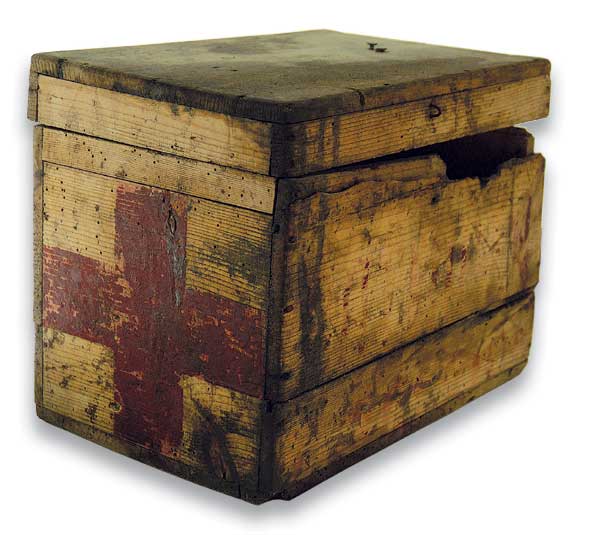A recent column by Tom Moran, “In the end, suicide with a doctor’s help” (NJ Star Ledger, Oct. 12), relates the tragic account of a newly-wed woman who is now not only anticipating her imminent death, but is actually arranging to make it happen. Diagnosed with an incurable brain cancer, she has obtained a prescription for a deliberately fatal overdose of medication. She has set the exact date and tastefully arranged the circumstances for her own suicide. As sad as these facts are, sadder still is the fact that this young lady is exploiting her self-inflicted death to create a media-event. Her highly-publicized death is part of a campaign to promote doctor-assisted suicide, nationwide and particularly here in New Jersey.
Political activists with pro-euthanasia lobby “Compassion and Choices” excitedly announce that their efforts to legalize physician-assisted suicide in New Jersey have recently come within two votes of passage. Thanks to the public support that publicity for this young lady’s suicide has bolstered, they are very hopeful of success. Once victory is achieved, there will be no turning back. Their good intentions notwithstanding, the harm they unleash will not be easily contained.
Success would mean, for physicians in New Jersey, that over two thousand years of commitment to the core values of the Hippocratic Oath would be overturned by a simple majority vote in Trenton. The roles of physician healer and professional poisoner would be, once again, combined.
Empty reassurances that these prescriptions for death would be limited to use in extreme, desperate cases are invalidated by common sense, as well as by recent experiences elsewhere. Self-destruction is, proponents assert, a human right, a matter of personal choice. Is there any other right whose exercise is limited to people who are terminally ill? On what grounds would a physician deny any patient his or her unalienable right to self-determination – to self-termination? Who would dare impose his morality or otherwise stand in the way?
If Mercy Killing is truly merciful – a matter of Compassion and Choices – then the opportunities for providing such ‘care’ should be limitless. Death by Doctor might logically be promoted as a timely and cost-effective final solution for meeting the needs of the poor, of the handicapped, of those suffering from severe retardation and mental illnesses, as well as from marked physical debilities. Federal and state authorities already mandate that we physicians strongly encourage End of Life counseling with all of our patients. While there is much good to be said for such counseling, the conversation might take on a very different tone, if the doctor sees physician-assisted suicide and death-by-prescription as legitimate cost-effective treatment options (especially when the government is rewarding that doctor financially for reducing the cost of care). An 18th century critique warned, “If the physician presumes to take into consideration whether a life has value or not, the consequences are boundless and the physician becomes the most dangerous man in the state.” (Dr. Christopher Hufeland [1762-1836])
We physicians have been, over the centuries, committed to the promotion of health, not of death. We are the custodians of life, not the agents of its deliberate destruction. This young lady needs a caring, competent doctor by her side, not his lethal prescription. A life-affirming doctor needs to be with her to the end, to control her seizures, to assuage her pain and to insure that, as much as possible, her last days, no less than all those that preceded them, are filled with dignity, peace and an awareness of how deeply she is loved.
Past President
Catholic Medical Association (USA)









